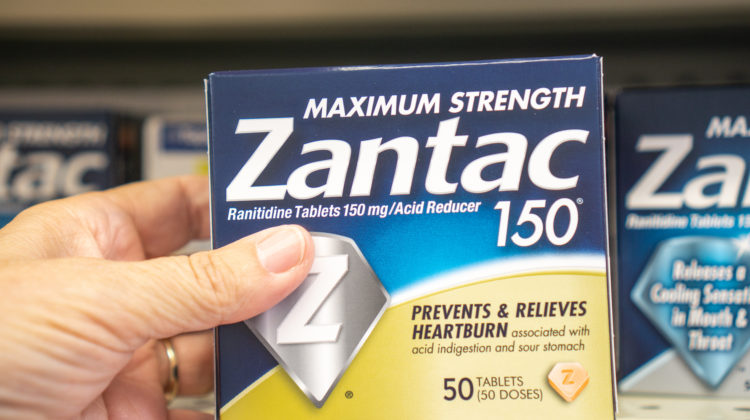[ad_1]

By Christina Grube
(MASS TORT NEWS) U.S. District Judge Robin Rosenburg’s recent order reducing the number of cancers accepted under the Zantac MDL 2924 may serve to undermine the purpose and effectiveness of the MDL itself. In January, Judge Rosenburg reduced the number of cancers from 10 to 5, removing certain cancers (breast, prostate, colorectal, kidney, and lung) and leaving only breast, prostate, colorectal, kidney and lung. As a result, thousands of plaintiffs have removed their claims from the consolidation and have instead chosen to pursue filing individual lawsuits across the nation–exactly what an MDL aims to avoid.
Baum Hedlund Attorney Helen Tokars told Mass Tort News that since the redesignation, her firm shifted away from the MDL and chose to focus on representing plaintiffs whose cancer no longer qualifies for consolidation to file individual claims in the appropriate jurisdiction throughout the country. Tokars explained that the focus of an MDL usually narrows as the case progresses simply because courts can’t pursue the sheer mass of actions filed. Meaning just because the consolidated litigation excludes a type of cancer claim, that does not automatically render these plaintiff claims completely obsolete.
“Everyone has their own experts,” Tokar said. “We’re at the mercy of science. This entire litigation depends on the science.”
Public concern over Zantac (or rather, the brand’s active ingredient ranitidine) began in 2019 when the independent laboratory Valisure detected high levels of the carcinogen NDMA in Zantac during random batch testing. As a result, FDA did not recall the drugs, but rather encouraged companies to willingly remove antacids containing ranitidine from shelves and distribution lines. The FDA choosing not to officially recall the drug complicates what initially appears to be a straight-forward defective pharmaceutical case.
By 2020, the Judicial Panel on Multidistrict Litigation (JPML) consolidated plaintiff claims into the Florida MDL 2924, and in 2021, producers replaced ranitidine with a safer alternative, thalidomide, and returned Zantac to shelves.
Judge Rosenburg scheduled the first Zantac trial in the U.S. based MDL for Sept. 2022, however the plaintiff voluntarily dropped the case before it could be tried. Commercial ranitidine distributor GlaxoSmithKline (GSK) told EndpointsNews the plaintiff received no payout or out-of-court settlement for withdrawing the case. “The overwhelming weight of the scientific evidence supports the conclusion that there is no increased cancer risk associated with the use of ranitidine.”
Judge Rosenburg has yet to schedule the first trial date. Looking at the rising numbers of Zantac filings in state courts, some wonder how these cases may affect MDL settlements, similar to how state filings affected settlements in the Roundup MDL. However despite the court’s decision to revise certain claims and case criteria, many project the MDL to continue making timely progress.
[ad_2]




